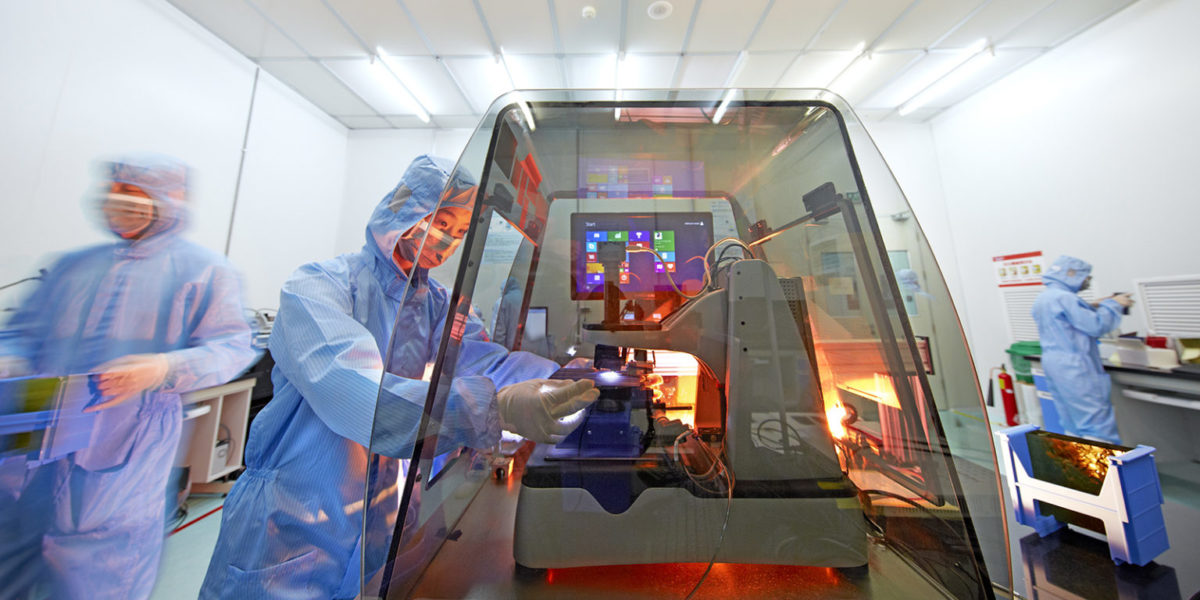Trina Solar and its South Korean rival, Hanwha Qcells, have revealed that they have reached a settlement agreement on a patent dispute that the Chinese module maker initiated in January.
In a joint statement, the two companies said they reached a patent licensing and transfer agreement over their intellectual property.
“The agreement allows both parties to use each other’s solar patents and respectively drop all pending cases between the two companies,” they said. “To meet the needs of customers, each company will continue to offer and support their respective products in various markets.”
Trina Solar said in a patent infringement lawsuit against Hanwha Qcells (Qidong), a Chinese unit of Hanwha Qcells, that the South Korean company had unlawfully exported and sold solar modules that infringed upon a patent granted to the Chinese manufacturer by the China National Intellectual Property Administration in 2016.
“The lawsuit involves the core cell technology commonly used in Hanwha's current modules produced in China and sold globally,” a Trina Solar spokesperson told pv magazine at the time. “The alleged infringing products include Q.PEAK DUO BLK M-G11A+, Q.PEAK DUO M-G11 and other key products.”
Popular content
If Trina Solar had succeeded in proving its claims in China, Hanwha Qcells could have been prohibited from producing and selling the infringing products in China and other countries. It may have also faced high infringement compensation costs for past production and sales.
pv magazine print edition
The latest edition of pv magazine is devoted entirely to energy storage, with topics ranging from how battery suppliers can avoid supply-chain related policy risks, to the plans Russia hatched to be a hydrogen superpower – before it invaded Ukraine.
In December, a German court issued a preliminary injunction that ordered Trina Solar to stop selling its Honey and Vertex X solar modules in Germany, as they allegedly infringed upon the patented passivation technologies of Hanwha Qcells.
In late October, Hanwha Solutions filed a preliminary injunction request in which it claimed that Trina Solar (Germany) had been improperly selling solar modules in the German market. It said that the Trina Solar panels infringed upon one of its own patents for its proprietary Q.ANTUM passivation technology. It said the technology plays a key role in improving the performance of silicon-based solar cells.
This content is protected by copyright and may not be reused. If you want to cooperate with us and would like to reuse some of our content, please contact: editors@pv-magazine.com.



5 comments
By submitting this form you agree to pv magazine using your data for the purposes of publishing your comment.
Your personal data will only be disclosed or otherwise transmitted to third parties for the purposes of spam filtering or if this is necessary for technical maintenance of the website. Any other transfer to third parties will not take place unless this is justified on the basis of applicable data protection regulations or if pv magazine is legally obliged to do so.
You may revoke this consent at any time with effect for the future, in which case your personal data will be deleted immediately. Otherwise, your data will be deleted if pv magazine has processed your request or the purpose of data storage is fulfilled.
Further information on data privacy can be found in our Data Protection Policy.